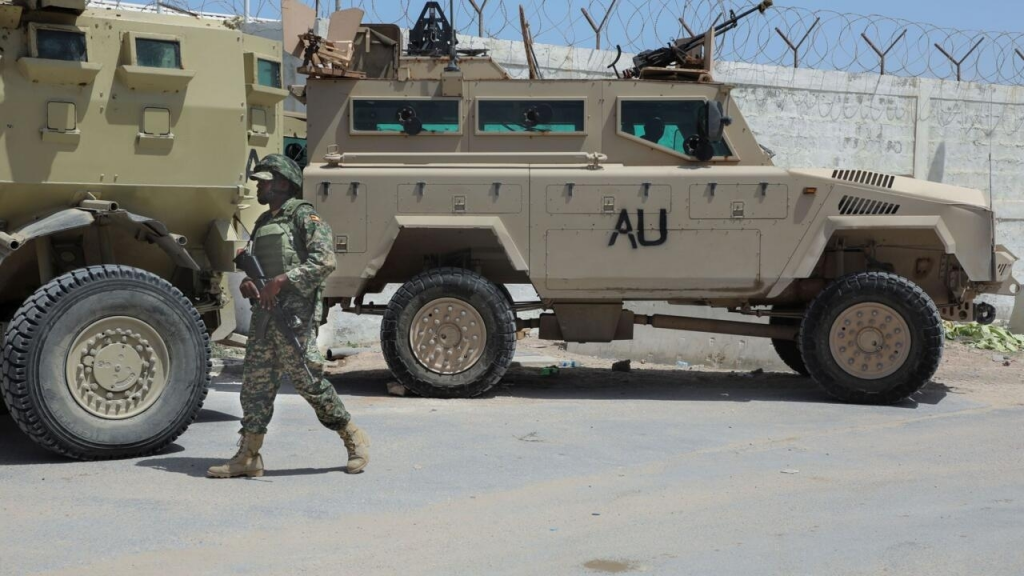
Examining the Recent Attack and the Implications for Somalia’s Security
In a recent incident that sent shockwaves through the nation, jihadists launched a devastating assault on a military base in Somalia. This brazen attack comes at a critical juncture as the African Union (AU) force initiates its drawdown, raising concerns about the country’s security and stability. In this article, we delve into the details of the strike, analyze its significance, and explore the potential consequences for Somalia’s ongoing battle against terrorism.
The Attack on the Military Base
On [insert date], jihadists targeted a military base located in [insert location], Somalia. Armed with sophisticated weaponry and employing tactics that exposed vulnerabilities in the base’s security, they launched a coordinated assault on the compound. The attack resulted in significant casualties among the Somali security forces and raised serious questions about the capacity of the country’s military to defend against such threats.
Implications for Somalia’s Security
The assault on the military base underscores the persistent threat posed by jihadists in Somalia. As the AU force begins its drawdown, handing over security responsibilities to the Somali government, concerns arise regarding the country’s ability to effectively combat terrorism independently. The attack serves as a stark reminder that extremist groups remain active and pose a formidable challenge to the nation’s stability.
Challenges Faced by Somalia
- Capacity Building: Enhancing the capacity of the Somali security forces is crucial to effectively countering the jihadist threat. This includes improving training, equipping the military with modern technology, and fostering intelligence-sharing mechanisms to preempt attacks.
- Political Stability: Somalia’s ongoing efforts to establish a stable political landscape are pivotal in combating terrorism. Strengthening governance structures, promoting inclusivity, and addressing grievances that contribute to radicalization are vital steps toward creating a resilient society capable of withstanding extremist ideologies.
- Regional Cooperation: Cooperation among regional actors is vital for countering terrorism in Somalia. Collaborative efforts, such as intelligence sharing and joint military operations, can significantly bolster the effectiveness of counterterrorism measures and disrupt the activities of extremist groups.
The International Community’s Role
The attack on the military base highlights the need for continued support from the international community in Somalia’s fight against terrorism. The provision of financial aid, technical assistance, and capacity-building initiatives can assist the Somali government in strengthening its security apparatus and addressing the underlying drivers of extremism.
Additionally, regional and international organizations, such as the United Nations and the African Union, should maintain their commitment to promoting peace and stability in Somalia. By facilitating dialogue, mediating conflicts, and providing peacekeeping missions, these entities can contribute to the long-term security and development of the country.
Conclusion
The recent attack on a military base in Somalia serves as a grim reminder of the persistent threat posed by jihadists in the region. As the AU force initiates its drawdown, Somalia faces significant challenges in maintaining security and stability. Addressing these challenges requires a comprehensive approach, including capacity building, political stability, regional cooperation, and sustained support from the international community. By actively confronting these issues, Somalia can strengthen its security apparatus, undermine extremist ideologies, and pave the way for a more peaceful future.


